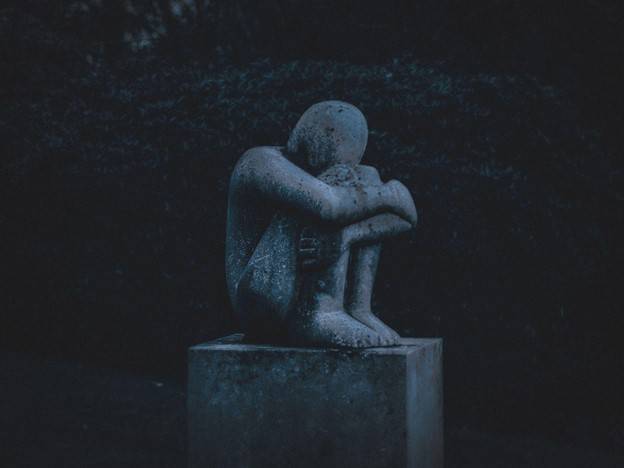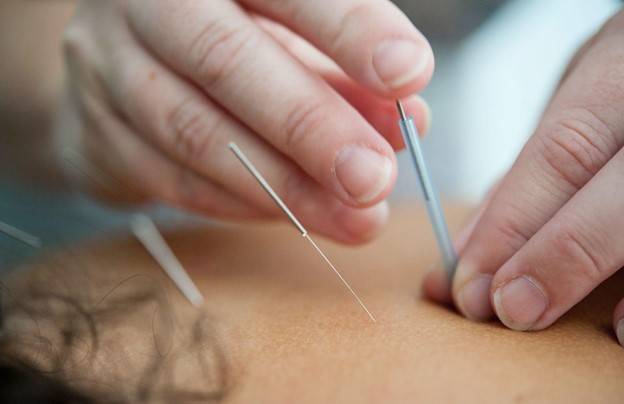
March 2022. This article is independently written by Shelby Golding. All opinions given are hers. Shelby has been certified as a personal trainer and nutritional specialist since 2007. In 2008, she found her passion for writing about these topics and hasn't looked back.

A majority of people will bounce back from depression related to the changing of the clocks within five to seven days. But our mental health doesn't have to suffer because we are losing an hour of sleep. Several natural supplements exist to support those with mild depression symptoms.
These supplements are considered complementary or alternative medicine. Some treatments, like acupuncture, have been around for thousands of years and therefore have a lot of experiential evidence supporting its success, even if modern medicine doesn't fully understand it. Other treatments are still in the beginning stages of study and, therefore, should only be used after speaking with your primary care doctor.
7 Natural Depression Treatments for Daylight Savings
1. St. John's Wort
2. SAMe
Most of the studies on SAMe showed evidence of reducing depression. The studies showed that SAMe was more effective than a placebo and may even enhance the effects of common antidepressants. However, most of the trials involving SAMe were short, small, and not of the highest scientific quality. Do not take SAMe if you have bipolar disorder since it can trigger mania.
3. Acupuncture

Several studies have shown acupuncture is effective for decreasing the severity of depression and may be as effective as some over-the-counter antidepressants. Acupuncture can also address issues that span the entire body, from mood to physical pain.
4. Omega-3 Fatty Acids
While the full effects of omega-3 on depression are still undergoing investigation, these fatty acids do have some exciting health benefit implications. Omega-3s travel easily through the cell membrane to interact with the mood-related molecules in the brain. They are also anti-inflammatory and may be an effective treatment for depression and obesity. Omega-3 supplements are generally safe and well-tolerated, although your body will absorb it better when consumed as part of a meal.
5. 5-HTP
Our body turns 5-HTP into serotonin which makes serotonin levels rise naturally. Preliminary studies show the 5-HTP might be at least as effective as some prescription antidepressants. However, 5-HTP should not be taken with certain prescription antidepressants since it can cause serotonin syndrome.
6. Meditation
Meditation, mindfulness, and other relaxation therapies are backed by plenty of research. These treatments can prevent depression relapses and improve symptoms when practiced regularly. However, the benefits of meditation go far beyond its ability to help with depression. Some research even suggests that meditation treats the chronic pain and stress responses in the brain.
7. DHEA
DHEA levels in the body peak at the age of 20 and gradually decrease as we age. Therefore, DHEA may be most effective for mild or moderate depression in people in midlife. More research is needed on this natural depression treatment. Still, preliminary studies show that about 50% of people have fewer depression symptoms while taking DHEA as a supplement.
While DHEA is usually well-tolerated, long-term use is not recommended since it may result in serious side effects.
7. Know When to Get Help
And if chronic pain is making it more difficult to deal with depression symptoms, your Kailo patch is here to help. Kailo is designed to relieve pain in seconds, and it’s theorized to work by interfering with the body’s electrical system. In addition, a recent clinical study showed that 97% of patients preferred Kailo over oral medication. Get yours today!
Disclaimer: Kailo should not be used if you have a pacemaker or if you are pregnant. Always consult your doctor or health care professional before using Kailo.






